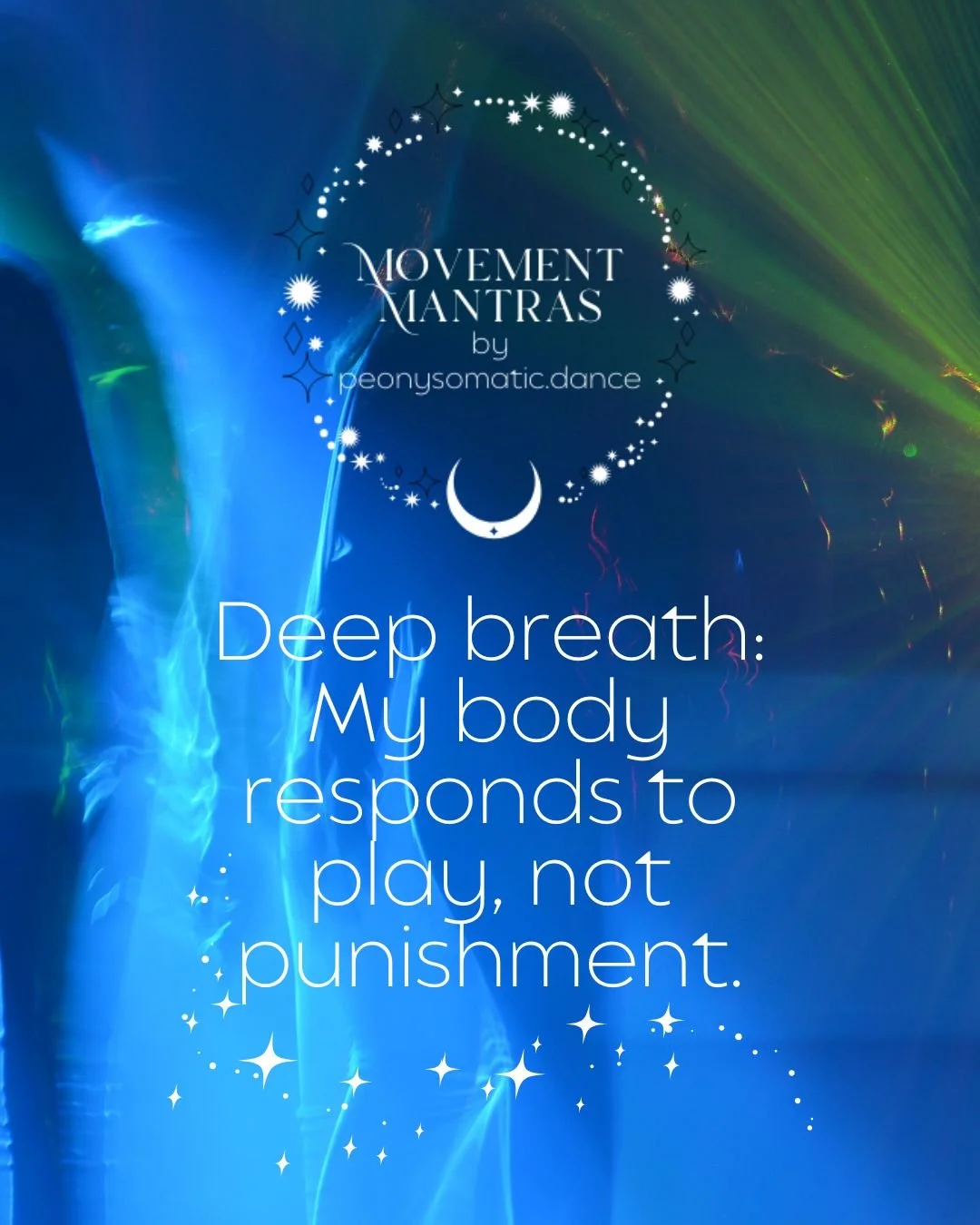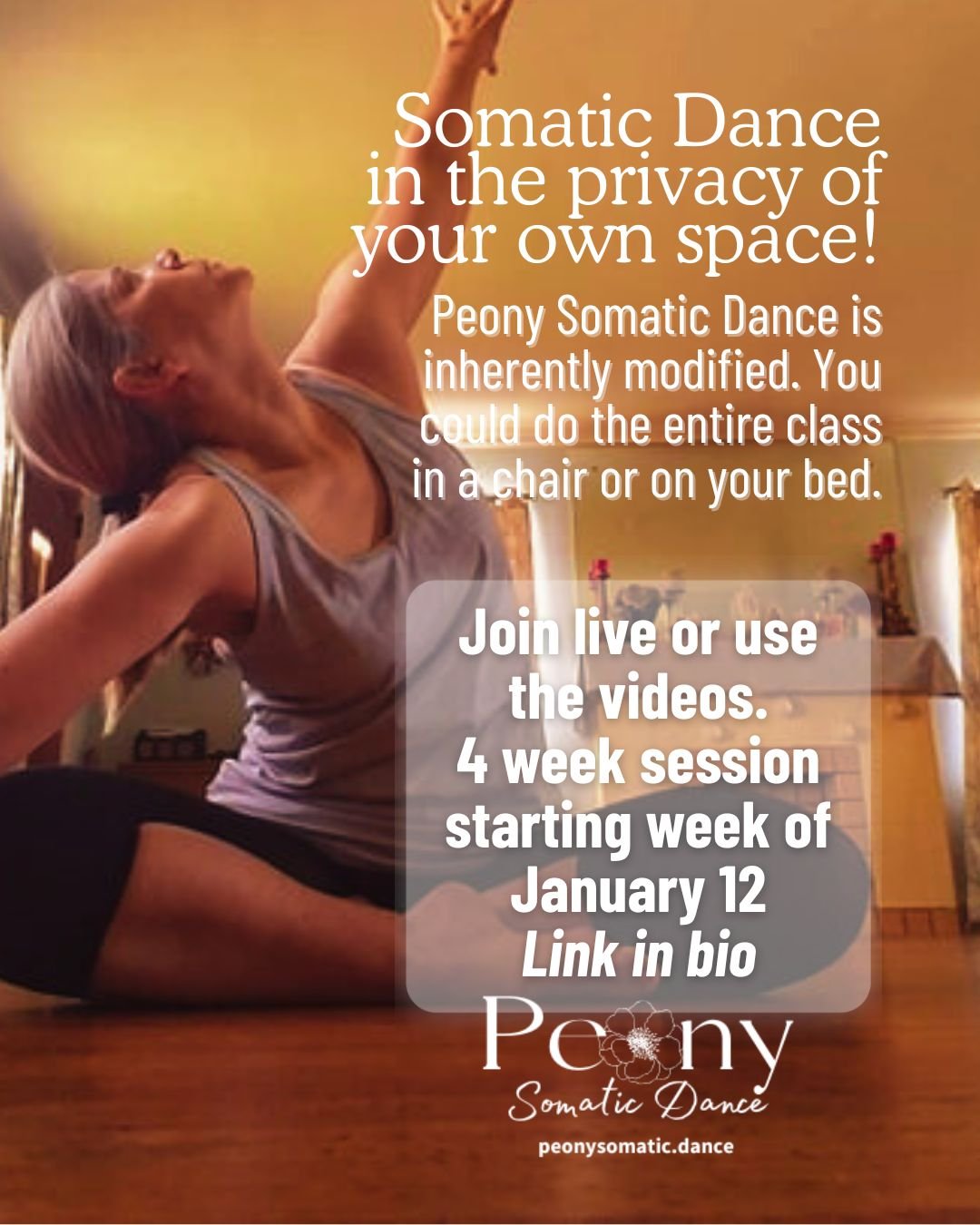Let me start by saying that a lot of us have grown, over our lives, complacent about community building. We tend to participate in communities that are convenient and easy.
This has been especially true since the pandemic, from which we learned to isolate more and more. Of course, this was necessary in terms of 3D human encounters to protect us all, but many of us gave up altogether even in the face of tools that could have kept our community muscles a bit more healthy.
So we enter into next week, into a new and potentially damaging paradigm, leaning again into isolation.
This won’t do.
Not if we want the coming years to be at all safe for women and marginalized humans. We can’t just sink into our aloneness and stay at home watching television and judge the world as it burns from our comfortable front windows.
We must commune with likeminded humans. We must build trust and companionship because that’s the foundation of the work that will call to us.
We must build this trust and companionship via shared story (and truth) telling.
We must embody this trust and companionship.
I’m convinced that this cannot only all be done in 3D but also if we are far away from one another via the very tools that many want to use to hurt us.
Tools are only as good as their users… whether this be the maps of religions or tech tools or hammers or communication.
And we must not desert these very powerful tools to those who would use them for evil. (Yes, evil.)
I will be staying, for example, on Facebook because it has a free private group function that no one else offers. I can use that to grow community.
But beyond that, I am staying because I will not let these spaces be taken over by hateful voices. I will be a compassionate voice. I will fight for the space that has given me so much.
And I will, of course, continue to teach online via zoom. The community that has grown in those classes since the start of the pandemic is as beautiful and deep and solid as any community in 3D that I am a part of. To say otherwise is to demean our basic, DNA level need and capacity to connect to one another regardless of circumstances.
So I come to you with two things.
If you’re not in the Circle of Trees on Facebook, ask me to add you.
Here’s a quick take on what goes on in there: It's a space where people feel really safe to share challenges -- and joys. We talk a lot about neurodivergence/neurospicy brains, and mental health, and of course. somatic/healing movement. The support in this space and the kindness and compassion are indescribable.
And as always, I have classes starting. They start next week, the week of the inauguration.
I, like most of you I assume, am grieving that inauguration, but I know, too, that I can’t stay stuck in grief, and being in somatic dance spaces with other humans is how I take care of my emotional and mental health so that I can be strong for myself and everyone around me.
You can register for Peony Somatic Dance classes right now.
Don’t hide. Don’t disappear. We need every single one of our voices out in this world. Now more than ever.




